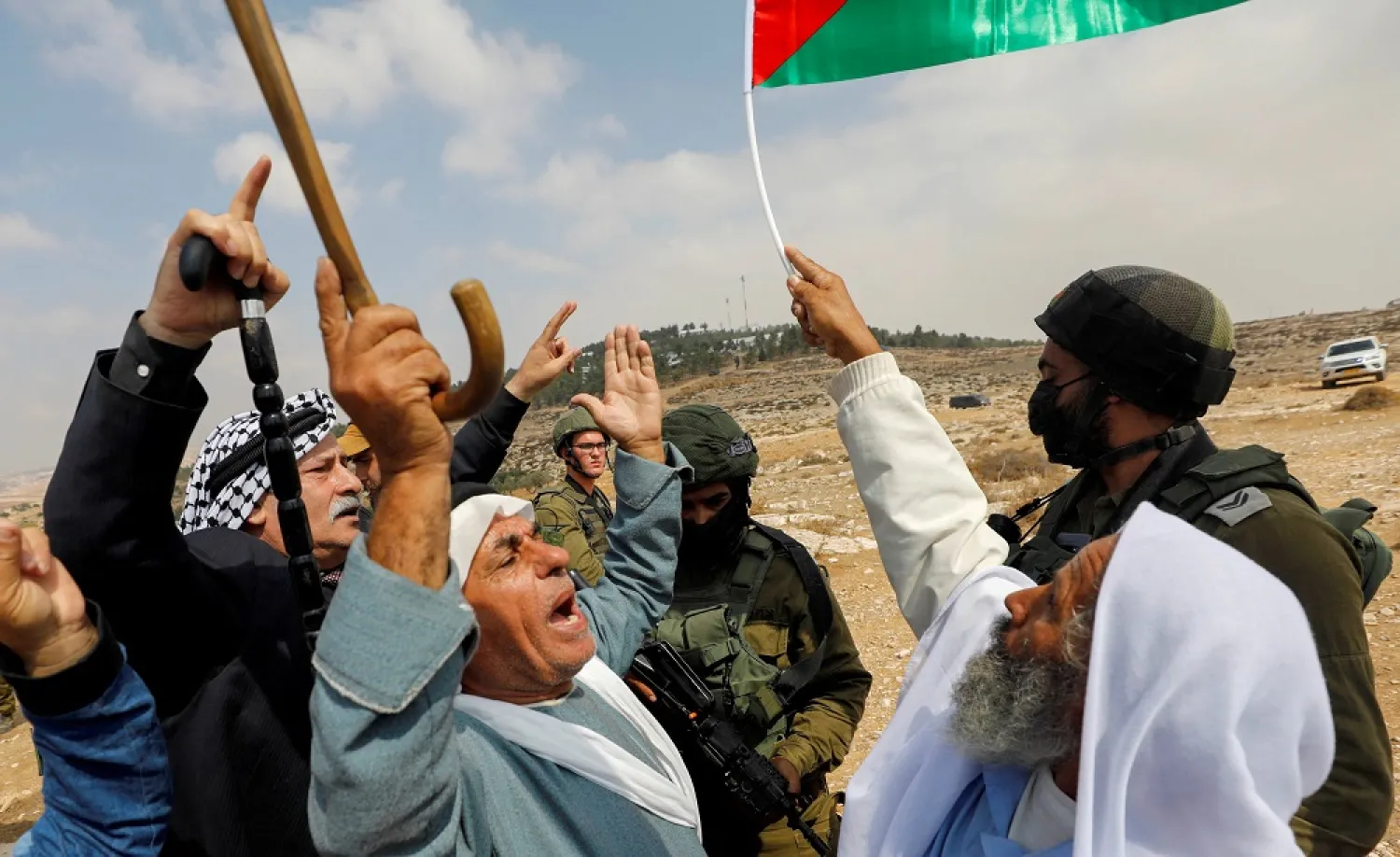Israel's Supreme Court has rejected a petition against the eviction of more than 1,000 Palestinian inhabitants of a rural part of the occupied West Bank in an area which Israel has designated for military exercises.
After two decades of inconclusive legal maneuvering, the Supreme Court issued its ruling late on Wednesday, paving the way for the demolition of eight small villages in a rocky, arid area near Hebron known to Palestinians as Masafer Yatta and to Israelis as the South Hebron Hills.
In its ruling, the court said it had found the Palestinian dwellers, whose inhabitants have kept a distinct, generations-long nomadic way of life, making a living from farming and herding, had not been permanent residents of the area when the Israeli military first declared it a firing zone in the 1980s.
Masafer Yatta residents and Israeli rights groups say that many of the Palestinian families have been permanently residing in the 3,000 hectares (7,400 acres) area since before Israel captured the West Bank, in the 1967 Middle East War, and that their eviction would constitute a breach of international law.
"This proves that this court is part of the occupation," said Nidal Abu Younis, Masafer Yatta Mayor. "We are not going to leave our homes. We will stay here," he said.
The court said the door was still open for the villagers to agree with the military on using parts of the land for agricultural purposes and urged the sides to seek a compromise.
The Association for Civil Rights in Israel (ACRI), who along with Masafer Yatta residents petitioned against the expulsion, said the verdict would have "unprecedented consequences."
"The High Court has officially authorized leaving entire families, with their children and their elderly, without a roof over their heads," ACRI said in a statement.









